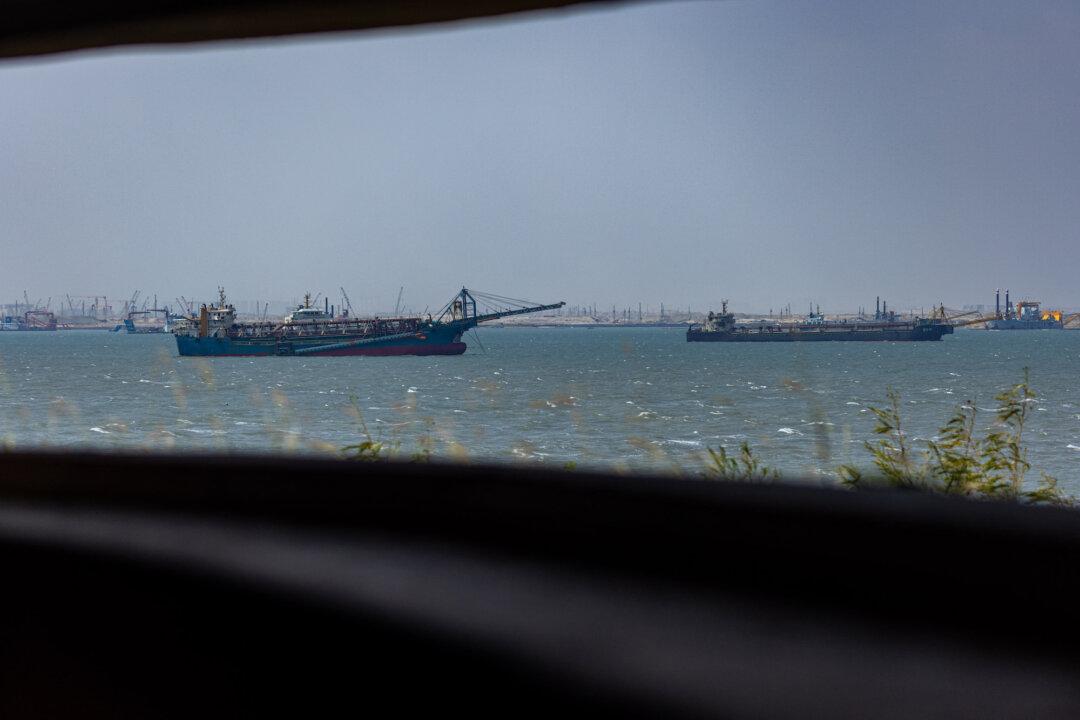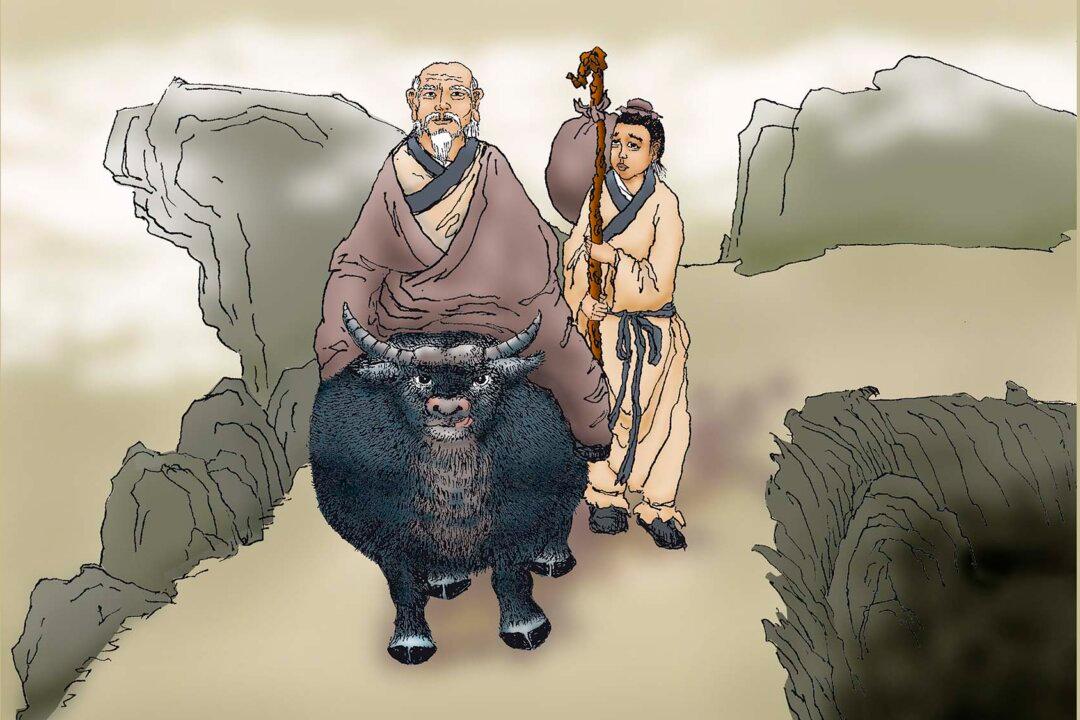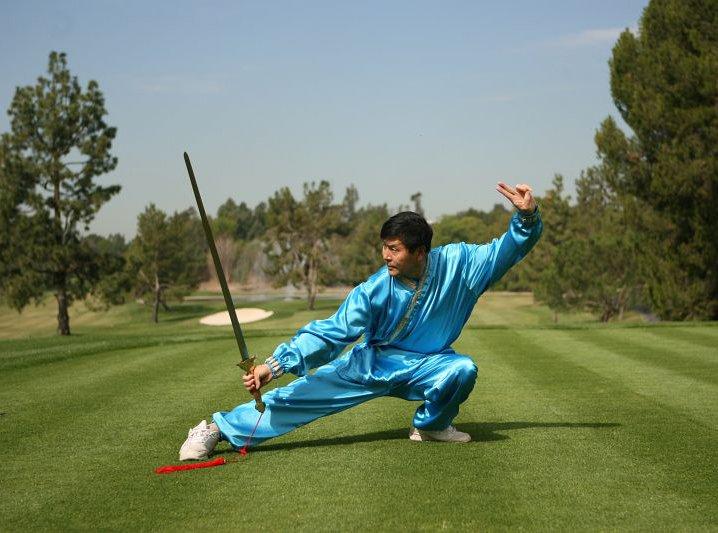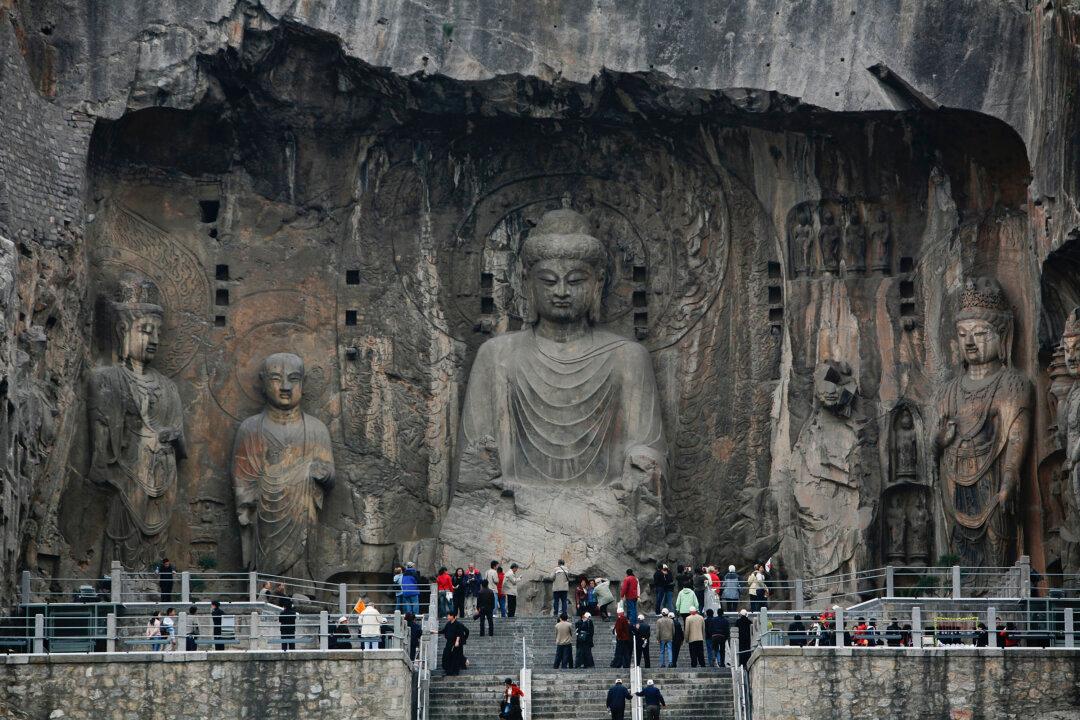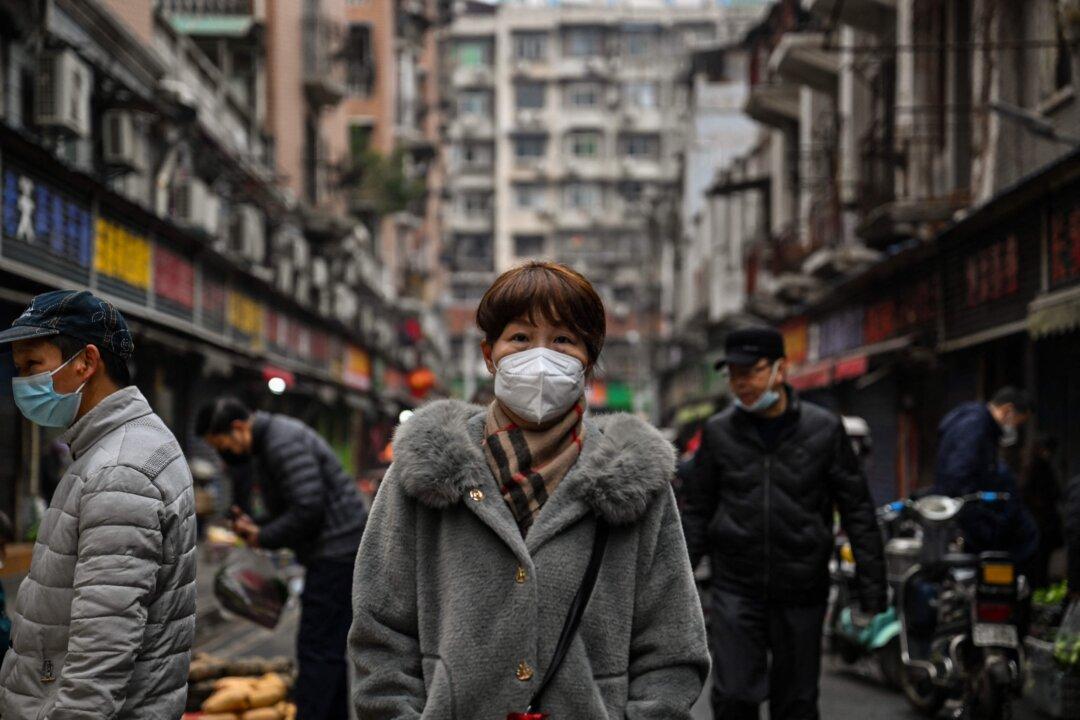Commentary
The first part of this series talked about two reasons why Xi Jinping could not invade Taiwan with arms. One is that the Chinese Communist Party (CCP) would lose the high technology it relies on to maintain its rule; the other is that an economic downturn would seriously threaten the legitimacy of the CCP’s rule. There are two other important reasons: Xi’s power security and the high probability that he will lose the war.
